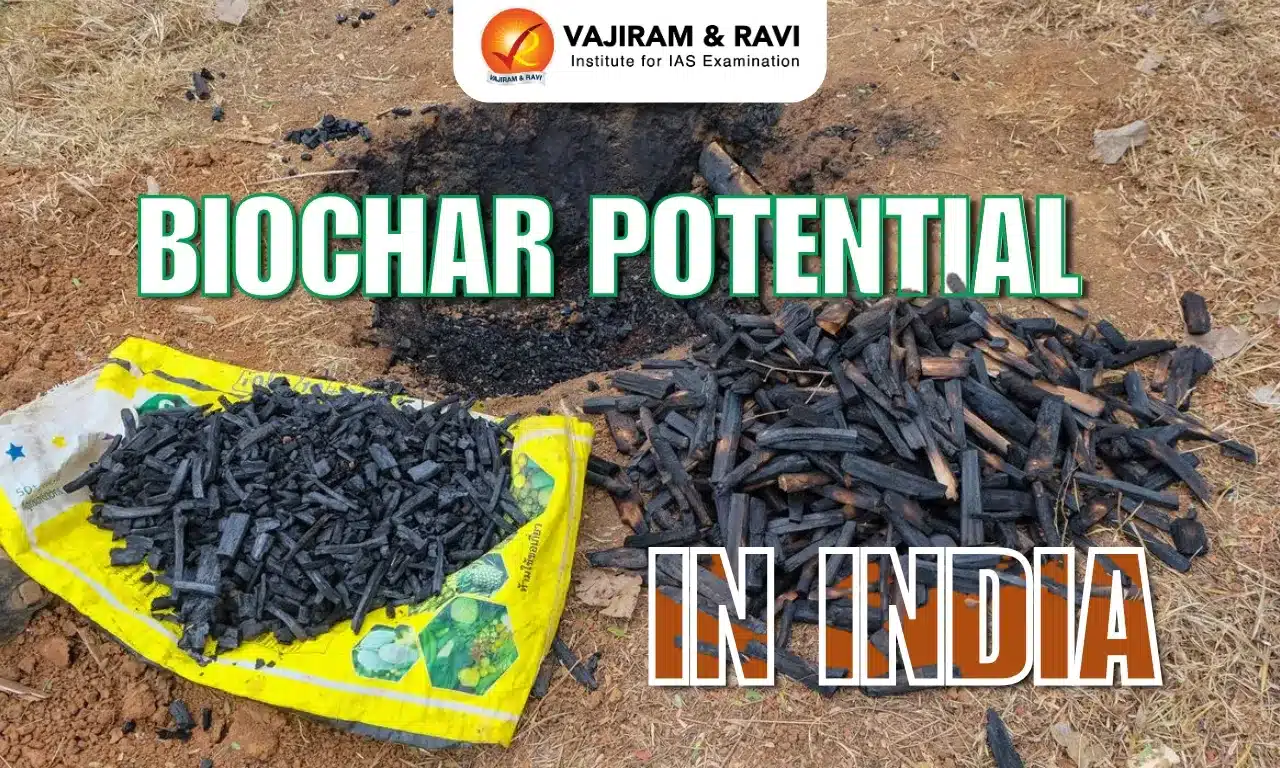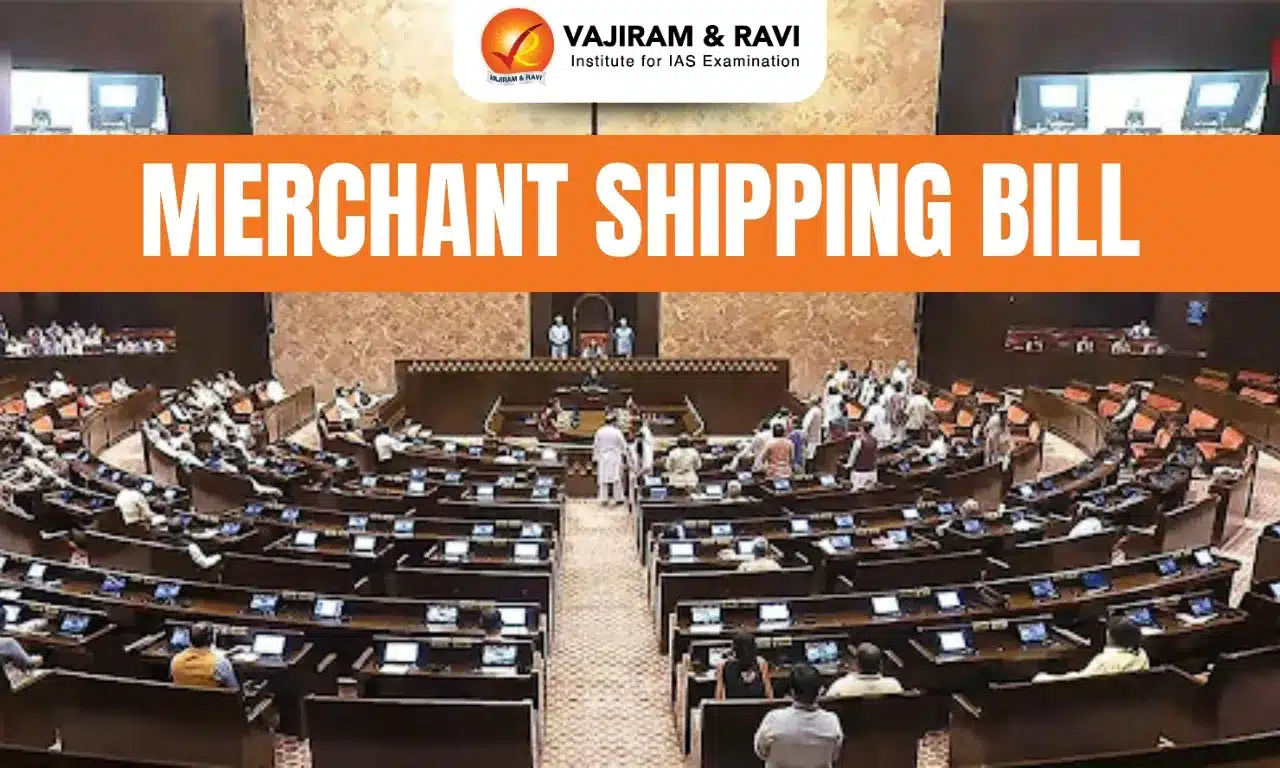What’s in today’s article?
- Why in News?
- What is the Principle of Collective Responsibility?
- What are the important Judgements related to Collective Responsibility?
- News Summary
Why in news?
- The Supreme Court ruled that a government cannot be held vicariously responsible for remarks made by its ministers even if the statement relates to affairs of the state.
- It said that a statement made by a minister cannot be attributed vicariously to the government by invoking the principle of collective responsibility.
What is the Principle of Collective Responsibility?
- This is the bedrock principle of parliamentary form of government.
- Article 75 of the Constitution of India says that the Council of Ministers is collectively responsible to the Lok Sabha.
- This means that all the ministers own joint responsibility to the Lok Sabha for all their acts of omission and commission.
- When the Lok Sabha passes a no-confidence motion against the council of ministers, all the ministers have to resign including those ministers who are from the Rajya Sabha.
- The principle of collective responsibility also means that the Cabinet decisions bind all cabinet ministers (and other ministers) even if they differed in the cabinet meeting.
- It is the duty of every minister to stand by cabinet decisions and support them both within and outside the Parliament.
- If any minister disagrees with a cabinet decision and is not prepared to defend it, he must resign.
- Several ministers have resigned in the past owing to their differences with the cabinet.
- For example, Dr. B.R. Ambedkar resigned because of his differences with his colleagues on the Hindu Code Bill in 1953.
What are the important Judgements related to Collective Responsibility?
- Common Cause v Union of India case –
- The Supreme Court held that the principle of collective responsibility has two meanings.
- Firstly, that all the members of a government are unanimous in support of policy.
- Secondly, the ministers are responsible for the success and failures of the policies.
- S.P. Anand v H.D. Deve Gowda case –
- The court held that the principle of collective responsibility means all the ministers are collectively responsible for every decision taken whether their assent is present or no.
- It means their decisions must have unanimity and confidentially.
- This is great weapon in the hands of Prime Minister through which he maintains unity and discipline in his cabinet.
News Summary
- In a 4:1 majority judgement, the five-judge bench of the Supreme Court held that additional restrictions, not found in Article 19(2) of the Constitution, cannot be imposed on the exercise of right to free speech which is guaranteed under Article 19(1)(a).
- The Court ruled that the grounds mentioned in Article 19(2) for restricting free speech are exhaustive.
- Article 19(2) of the Constitution guarantees freedom of speech and expression to all citizens of India.
- This article is subjected to certain restrictions, namely, sovereignty and integrity of India, the security of the State, friendly relations with foreign States, public order, decency or morality or in relation to contempt of court, defamation or incitement to an offence.
- Provisions in clauses (2) to (6) of Article 19 authorizes the State to restrict the exercise of the freedom guaranteed under the article.
Background on the case w.r.t Collective Responsibility
- The case emanates from a rape incident which took place in 2016.
- The then Minister of the State of Uttar Pradesh, Azam Khan, had trivialised the act by dismissing the incident as a ‘political conspiracy and nothing else’.
- The Court directed Azam Khan to submit an unconditional apology.
- While doing so, the court noted that this incident raises serious concerns regarding state obligation and freedom of speech and expression.
- The Court, in 2017, made a reference to a Constitution Bench of the Supreme Court.
Constitution Bench’s Judgement w.r.t. Free Speech & Collective Responsibility
- The majority of the five judges ruled that a statement made by a minister even if traceable to any affairs of the state or for protection of the government cannot be attributed vicariously to the government by invoking the principle of collective responsibility.
- The court held that the flow of stream in collective responsibility is from the Council of Ministers to the individual Ministers.
- The flow is not on the reverse, namely, from the individual Ministers to the Council of Ministers.
What was the dissenting Judgement by one of the five Judge?
- Justice B V Nagarathna, the fifth judge on the bench, said that while the government cannot be held vicariously responsible for personal remarks by a minister, such liability would exist if the statement also embodies the views of the government.
- All five judges, however, agreed that the right of free speech and expression guaranteed under Article 19 (1) (a) cannot be curbed by any additional grounds other than those already laid down in Article 19 (2).
Q1) Which Fundamental Rights are protected under Article 19 of the Constitution?
Article 19 guarantees to all citizens the six rights. These are:
- Right to freedom of speech and expression.
- Right to assemble peaceably and without arms.
- Right to form associations or unions or co-operative societies.
- Right to move freely throughout the territory of India.
- Right to reside and settle in any part of the territory of India.
- Right to practice any profession or to carry on any occupation.
Q2) What is a No-Confidence Motion?
No Confidence Motion, also known as the Vote of No Confidence or the Motion of No Confidence, is a formal parliamentary motion to check the majority of the government in the Lok Sabha.
Source: No additional curbs on free speech by ministers: Supreme Court | ToI | LiveLaw
Last updated on July, 2025
→ UPSC Notification 2025 was released on 22nd January 2025.
→ UPSC Prelims Result 2025 is out now for the CSE held on 25 May 2025.
→ UPSC Prelims Question Paper 2025 and Unofficial Prelims Answer Key 2025 are available now.
→ UPSC Calendar 2026 is released on 15th May, 2025.
→ The UPSC Vacancy 2025 were released 1129, out of which 979 were for UPSC CSE and remaining 150 are for UPSC IFoS.
→ UPSC Mains 2025 will be conducted on 22nd August 2025.
→ UPSC Prelims 2026 will be conducted on 24th May, 2026 & UPSC Mains 2026 will be conducted on 21st August 2026.
→ The UPSC Selection Process is of 3 stages-Prelims, Mains and Interview.
→ UPSC Result 2024 is released with latest UPSC Marksheet 2024. Check Now!
→ UPSC Toppers List 2024 is released now. Shakti Dubey is UPSC AIR 1 2024 Topper.
→ Also check Best IAS Coaching in Delhi















